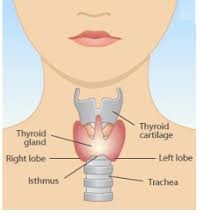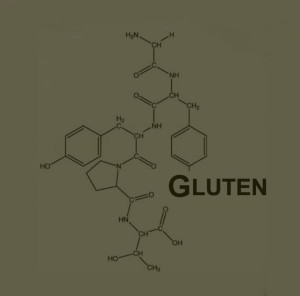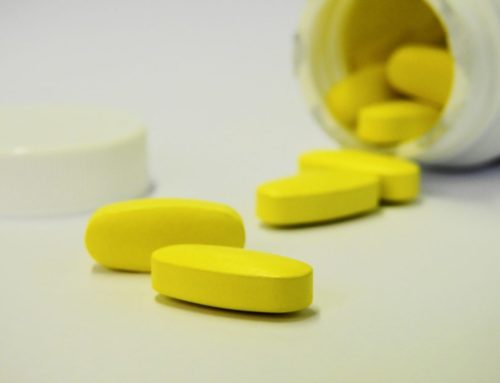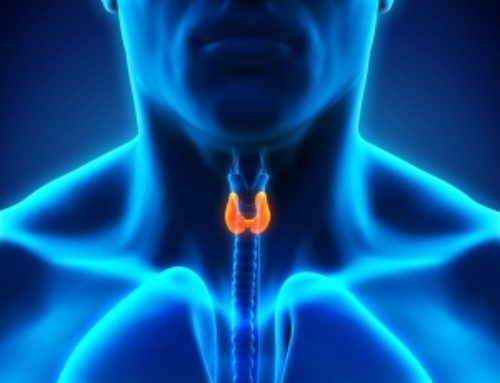In our last blog we discussed how hypothyroidism is not a complete diagnosis. The term hypothyroidism simply points out the problem in the same way Irritable Bowel Syndrome points out an issue with the digestive system. What hypothyroidism fails to identify properly is why the thyroid is not producing enough thyroid hormone. Over the next two installments of this four-part series, we’re going to look closely at some of the causes of hypothyroidism and examine what can be done to remedy them.

Hashimoto’s Disease
The most common cause of hypothyroidism is an autoimmune disorder called Hashimoto’s Disease. This disorder is characterized by an attack on the thyroid gland by antibodies of the patient’s own immune system. It is widely believed that this process is created by an oversensitivity of the immune system as a response to a diet high in gluten. The current standard of care for a patient with Hashimoto’s is to simply wait until the immune system has destroyed enough thyroid tissue to classify as hypothyroidism and then prescribe thyroid hormone replacement. If the patient begins to exhibit other symptoms commonly associated with their condition (such as depression or insulin resistance), they’ll receive additional drugs to address those symptoms. It is not uncommon for these patients to have antibodies to other tissues or enzymes as well. The most common are: Transglutaminase (Celiac disease), the cerebellum (neurological disorders), intrinsic factor (pernicious anemia), glutamic acid decarboxylase (anxiety/panic attacks and late onset type 1 diabetes). These patients don’t have a thyroid, gut, brain, blood, and/or mental disorder. They have a problem with their own immune system.
In most of these cases the immune system attacks the body’s cells as a case of mistaken identity. The body is trying to rid itself of gluten molecules brought in through the patient’s diet. The short version: Foods that contain gluten (both whole grains and flours) often also contain substances that inhibit nutrient absorption, damage our intestinal lining, and activate a potentially destructive autoimmune response. There are no nutrients in gluten-containing foods that you can’t get more efficiently from foods that do not contain gluten.
The good news is that if you have gluten intolerance, removing gluten completely from your diet will dramatically improve your health. It is not an easy fix, but it is worth it for your long-term health. Our next blog will take a closer look at the roles blood sugar and stress play in thyroid dysfunction.
If you have questions about your thyroid function or would like to know more about Hashimoto’s Disease, please call our Roanoke, Virginia chiropractic office at 1-540-344-1055.
Dr. Daryl Rich, DC, CSCS




![Detox With Bone Broth – A [LivFit] Case Study](https://www.coreroanoke.com/wp-content/uploads/2018/03/bone-625336_1920-500x383.jpg)

